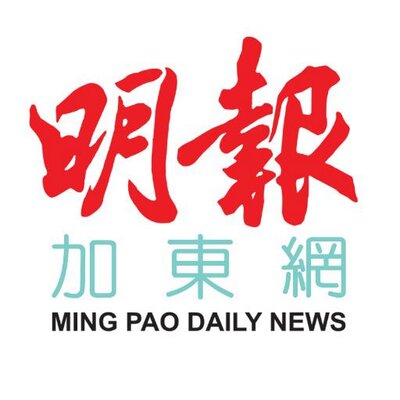

On Sunday, around 2,000 journalists and supporters marched through central Hong Kong to highlight a creeping culture of self-censorship, where big Chinese business exerts an inordinate influence on editorial policy. This, critics say, has been on the wane in recent years.

Despite the 1997 transformation from British colony into China’s Special Administrative Region, the city has maintained a high degree of autonomy and enjoys markedly less censorship than the mainland.

The case was seized upon by many in the media as an indication of perceived encroachment by Beijing in Hong Kong’s vibrant media sphere. Ming Pao is owned by Malaysian tycoon Tiong Hiew King, who has business interests in China. In addition, four senior writers submitted blank columns that day, while 90% of the 270-strong editorial department signed a petition demanding an explanation. 20, more than 100 Ming Pao staff stood outside their offices dressed in black and observed a five-and-half minute period of silence in protest. Many local journalists claimed that Lau’s removal was punishment for pursuing corruption and human-rights stories deemed embarrassing to Beijing. (Lau was handed a new post within the group’s electronic-books-and-teaching-materials division.) Lau was replaced as chief editor of Ming Pao, consistently one of Hong Kong’s most trusted newspapers, by Malaysian journalist Chong Tien Siong in January, prompting a furious response from staff. “Hong Kong is a society of the rule of law, and we are absolutely intolerant about violence of this kind,” he said. Hong Kong Chief Executive Leung Chun-ying said in a statement that he and his entire Administration “feel indignant” and vowed to search out those responsible. ( MORE: Hong Kong Protesters March for Democracy) “I have known Kevin since the ’80s, and knowing his family background and his character, I simply cannot think of any personal reason why anyone would want to attack him, not to mention try to kill him,” HKJA chairperson Sham Yee-lan tells TIME. On Wednesday, the Hong Kong Journalists Association (HKJA) released a statement that urged the authorities to pursue “those malignant forces behind” whoever wielded the knife. Lau’s ousting last month sparked protests over perceived diminishing press freedom in the semiautonomous Chinese territory, and although no explicit link has been made, speculation is rife that the attack was somehow connected.


 0 kommentar(er)
0 kommentar(er)
